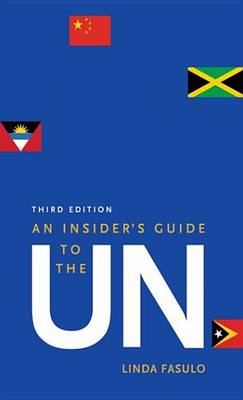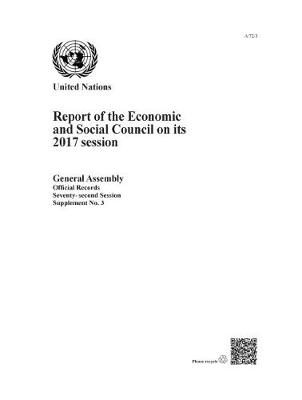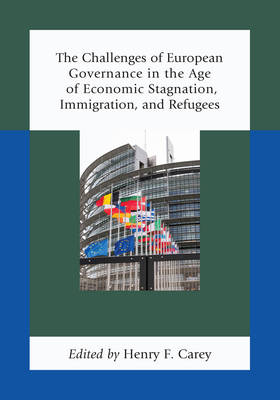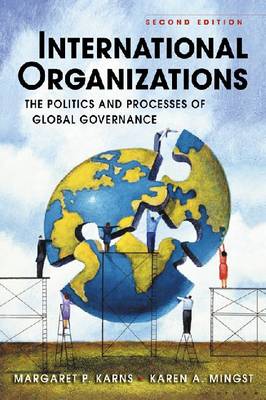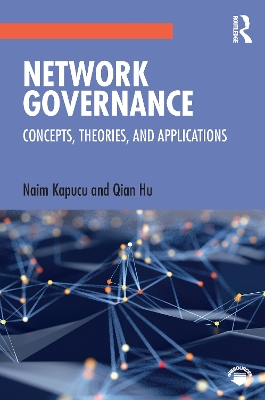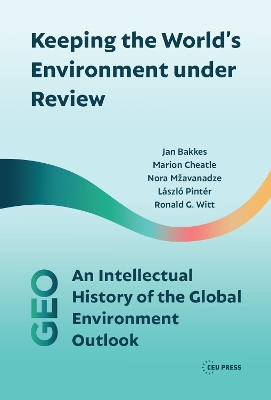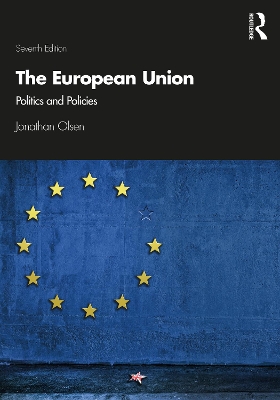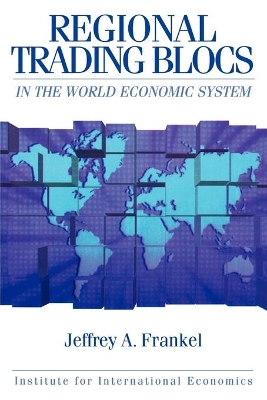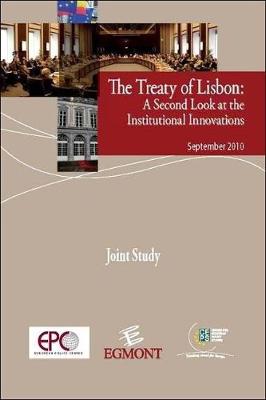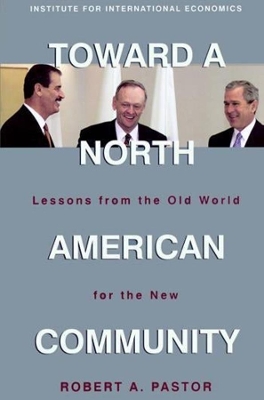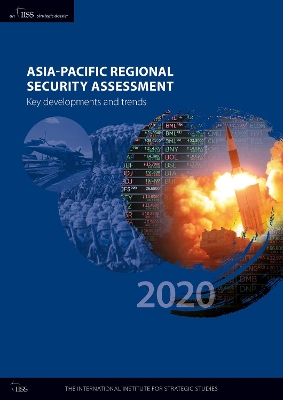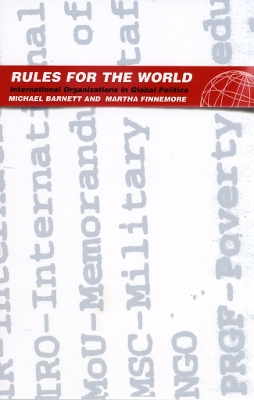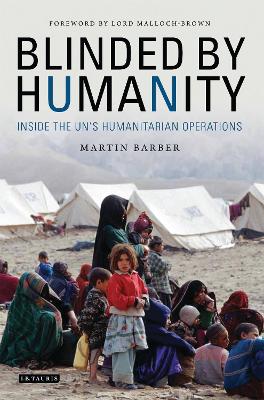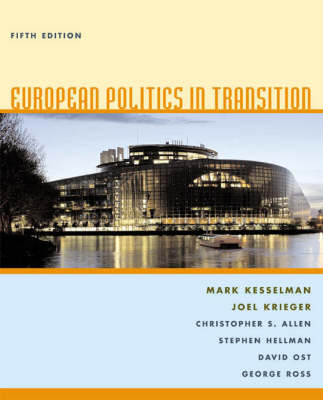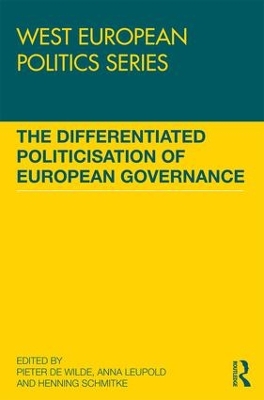Report of the Economic and Social Council for 2017 (Reports of the Economic and Social Council)
This is the annual report submitted to the General Assembly by the Economic and Social Council on its 2017 session.
The Challenges of European Governance in the Age of Economic Stagnation, Immigration, and Refugees
This book examines the political and legal challenges of regional governance of the 28 countries of the European Union and the 48 in the Council of Europe. The contributions, dilemmas, and moral hazards from this record of nearly seven decades of regional inter-governmental institutions has kept the peace, but produced episodes of crisis from overstretching jurisdictions, thematically and geographically. Polarization between nationalist and integrative forces has displaced the idealistic aspirat...
Thoroughly updated, this new edition of the award-winning International Organizations reflects the wealth of developments in the world arena since the first edition appeared in 2004. Professors Karns and Mingst trace the evolving roles of the full range of IGOs, NGOs, state and nonstate actors, norms, rules, and other pieces of global governance. In addition, four issue-based chapters - on peace and security, development, human rights, and the environment - present current case studies and exami...
For a quarter of a century Europe's citizens have been able to elect members of the European Parliament. Yet, rather than generating interest in European political affairs, EP elections have been characterized by low turnout and a focus on national rather than European affairs. At the same time, there are claims that the European Union is suffering from a ""democratic deficit."" What can be done to overcome these problems? This book argues that European elections should contribute directly to th...
Network governance has received much attention within the fields of public administration and policy in recent years, but surprisingly few books are designed specifically to help students, researchers, and practitioners examine key concepts, synthesize the growing body of literature into reliable frameworks, and to bridge the theory-practice gap by exploring network applications. Network Governance: Concepts, Theories, and Applications is the first textbook to focus on interorganizational networ...
Keeping the World’s Environment Under Review
by Jan Bakkes, Marion Cheatle, Nora Mzavanadze, Laszlo Pinter, and Ron Witt
How do we take stock of the state and direction of the world’s environment, and what can we learn from the experience? Among the myriad detailed narratives about the condition of the planet, the Global Environment Outlook (GEO) reports—issued by the United Nations Environment Programme—stand out as the most ambitious. For nearly three decades the GEO project has not only delivered iconic global assessment reports, but through its multitude of contributors has inspired hundreds of similar process...
Thoroughly revised, the seventh edition of this accessible and highly respected text provides a rigorous yet digestible introduction to the European Union. Additionally, it authoritatively explains developments that continue to bring challenges to this powerful institution in times of great political change. Key features: Clearly covers the history, governing institutions, and policies of the EU; Fully updated with new tables, figures, and photographs; In-text features such as Chapter Overv...
Developing-country governance and its monitoring have risen to the top of the development agenda. This mounting interest is in response to compelling evidence that links governance to development performance-policy quality, public service provision, the investment climate, and the extent of corruption. ""Governance Reform: Bridging, Monitoring, and Action"" lays out a broad framework for analyzing and monitoring governance in developing countries. It identifies fourteen core indicators for gover...
This book examines the institutional innovations being introduced into the European Union as a result of 2009's Treaty of Lisbon. After examining the major changes taking place within the EU's major institutions -the European Council, European Parliament, and the European Commission -the authors look at the innovations brought by the treaty, such as the Presidency ""triangle,"" the citizen's initiative, and the potentially enhanced role for national parliaments to play at the EU level. Two issue...
Toward a North American Community – Lessons from the Old World for the New
by Robert Pastor
Asia-Pacific Regional Security Assessment 2020
Defending Human Dignity (Theo van Boven Lectures, #3)
by Fons Coomans
This booklet contains the texts of the Theo van Boven Lectures held in 2014 and 2015. They deal with the subject of defending human dignity by looking at the different roles the human rights defender, the scholar and the human rights NGO can play in achieving this goal. Hina Jilani looks at the opportunities and limitations of human rights defenders in their fight to stand up for the protection of human dignity. Jean Allain discusses the role of the legal scholar in studying contemporary forms o...
Rules for the World provides an innovative perspective on the behavior of international organizations and their effects on global politics. Arguing against the conventional wisdom that these bodies are little more than instruments of states, Michael Barnett and Martha Finnemore begin with the fundamental insight that international organizations are bureaucracies that have authority to make rules and so exercise power. At the same time, Barnett and Finnemore maintain, such bureaucracies can becom...
How to respond effectively to humanitarian crises is one of the most pressing and seemingly intractable problems facing the United Nations. Martin Barber, for many years a senior UN official and with decades of humanitarian experience, here argues that the explanation for UN 'failures' or only partial successes lies not with any lack of idealism or good intentions but with the constraints placed on aid workers by ill-considered policies and poor practical application - officials are 'blinded by...
European Politics in Transition
by Mark Kesselman, Joel Kreiger, Christopher S. Allen, Stephen M. Hellman, David Ost, and George Ross
Written by six prominent scholars, European Politics in Transition presents a stimulating and comprehensive introduction to the political systems of post-World War II Great Britain, France, Italy, Germany, Eastern Europe, and the European Union. Four key themes--economic management, relationships between countries, the challenges of democracy, and the political impact of social diversity--are used to illustrate the concept of politics in transition within each country and on a global level.
The Differentiated Politicisation of European Governance
This book on the differentiated politicisation of European governance provides an overview of research on the growing salience of EU governance, polarisation of opinion and expansion of actors and audiences engaged in monitoring and influencing EU affairs in the national context. The contributors empirically map the diversity of these three core components of politicisation across countries, time and arenas. The chapters develop novel insights into the causes and consequence of this differentiat...
When Lt. General Romo Dallaire received the call to serve as force commander of the UN mission to Rwanda, he thought he was heading off to Africa to help two warring parties achieve a peace both sides wanted. Instead, he and members of his small international force were caught up in a vortex of civil war and genocide. Dallaire left Rwanda a broken man, disillusioned, suicidal, and determined to tell his story. An award-winning international sensation, "Shake Hands with the Devil" is a landmark c...
*Shortlisted for 2016 European Book Prize* Giles Merritt describes himself as a 'sceptical europhile'. For many years among the foremost commentators on the politics and economics shaping Europe, he was named by the Financial Times as one of 30 'Eurostars' who are the most influential voices in Brussels. Slippery Slope is far from the usual run of uncritical EU-related studies. Its aim is to set alarm bells ringing across Europe with its revealing insights into our increasingly troubled futur...
